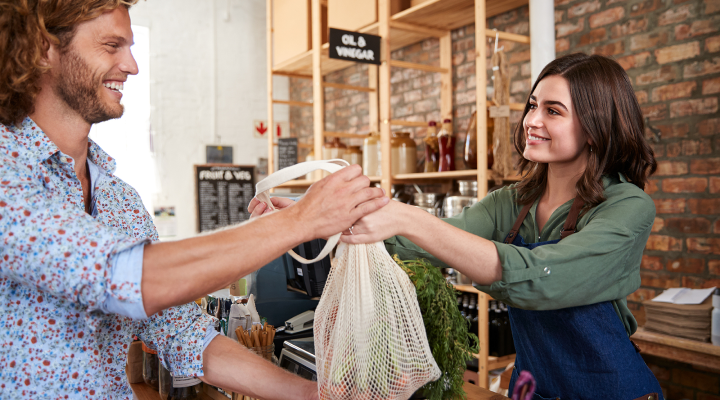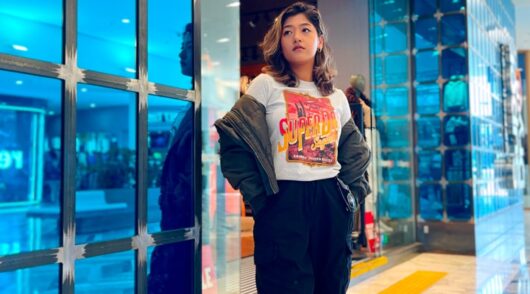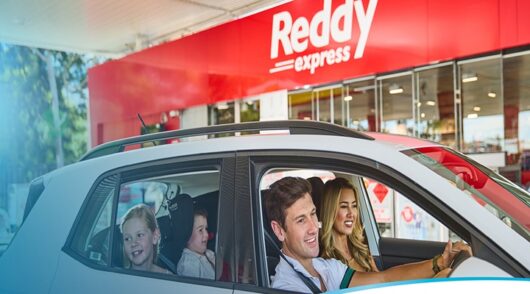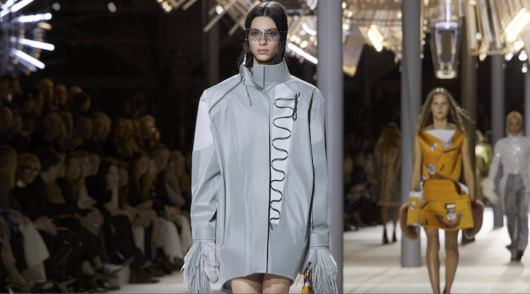Australian consumers are, on the whole, less ethical than they make themselves out to be, according to the latest Baptist World Aid ethical consumer report.
According to the report, 87 per cent of Australian customers want to change their fashion consumption habits to support more ethical and sustainable brands, only 46 per cent regularly do so. The barriers are, according to report respondents, that they don’t know which brands are ethical, ethical brands are more expensive, and that it is harder to shop ethically in-store than online.
“There’s a dissonance between who we want to be, and what we’re doing to get there,” said Baptist World Aid director of advocacy Peter Keegan.
“Almost three in four Australians believe ethical fashion and related issues of human rights and environmental sustainability are important … but a large portion of consumers are still struggling to take those next steps towards purchasing ethically.”
To help confused Australians, Baptist World Aid released a ‘shopping type quiz’ which will help them to understand where they sit on the scale of sustainable shoppers.
The majority (60 per cent) of customers in Australia fall in the ‘Practical Purchaser’ mindset, according to the report, in that they will do what suits them immediately, rather than worrying about how their decisions will impact their future in the moment.
The next most common consumer archetype is the ‘Intentional Individualist’ (22 per cent), which thinks ahead while purchasing, but still puts personal benefit ahead of any social impact buying can have. ‘Socially-minded shoppers’ (10 per cent), however, consider the impact their buying habit has on others while also considering their own current needs, while ‘Conscious Consumers’ (9 per cent) think of the broader impact of their purchases and will actively change their behaviours to suit the big picture.






